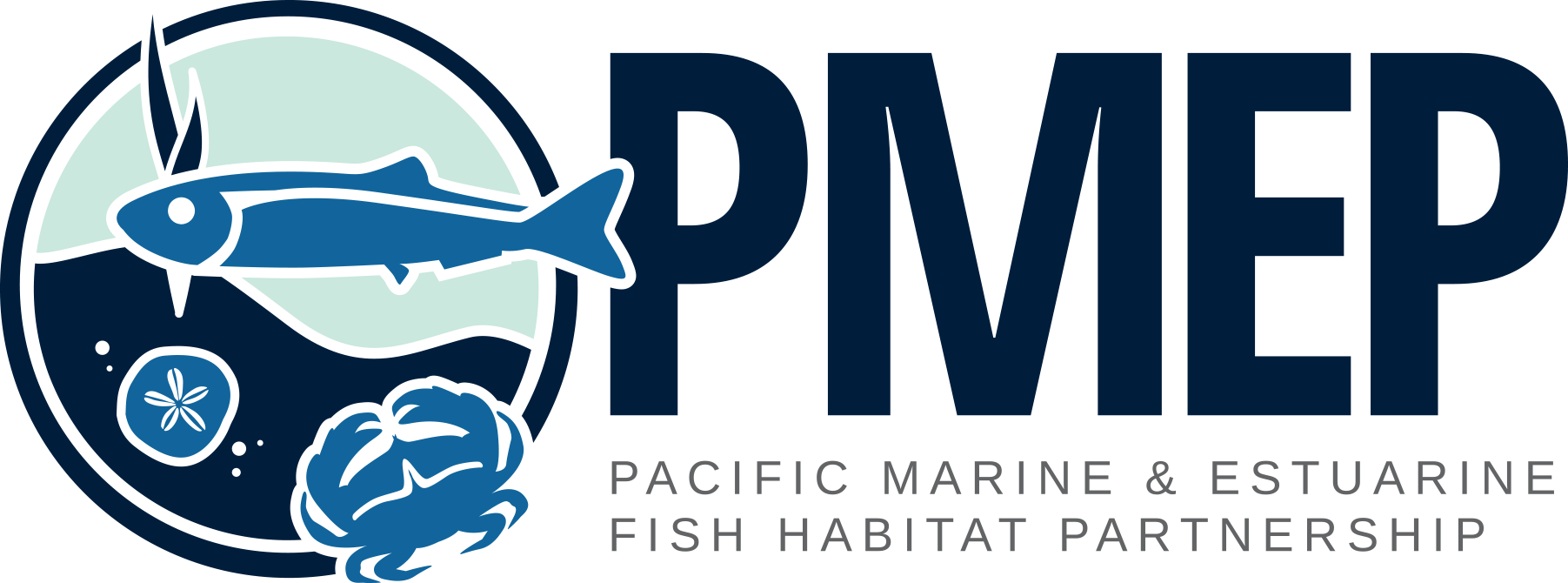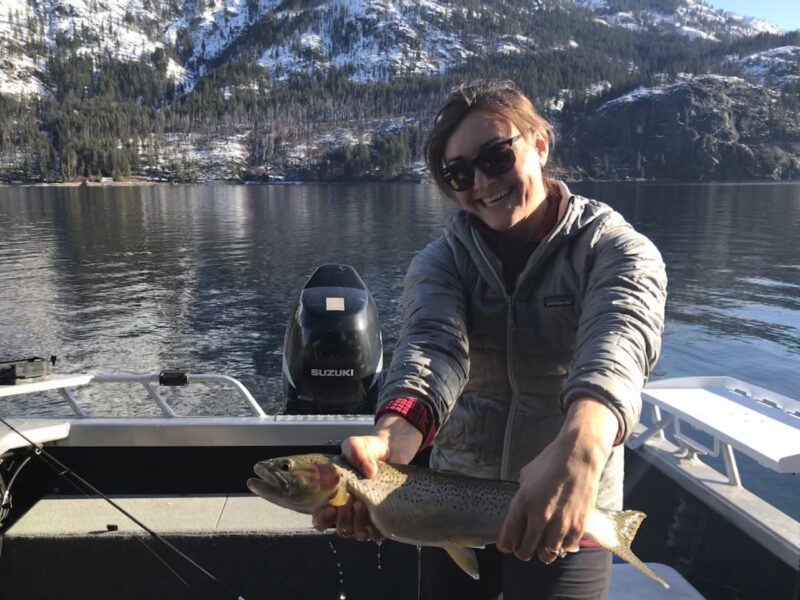PMEP is excited to announce that Emily Johnson, Fisheries Program Lead for Oregon and Washington with the Bureau of Land Management (BLM), has joined our Steering Committee! She oversees fisheries management and conservation strategies across BLM lands, ensuring healthy aquatic ecosystems and sustainable practices. As a member of PMEP’s Steering Committee, Emily will help guide PMEP’s strategies and actions to protect and restore estuarine and marine/nearshore fish habitat along the U.S. West Coast.

- January 14, 2026
- Joan Drinkwin
- Announcement
- 0 comments
PMEP is excited to announce that Heather Gliniak, an environmental scientist working for California Department of Fish and Wildlife’s (CDFW) Marine Region in the State Managed Marine Finfish and Nearshore Ecosystems Program, has joined our Steering Committee. As a Steering Committee member, Heather will help map out PMEP’s strategic work and ensure that we are meeting our goals and objectives to provide resources and funding to protect and restore fish habitat along the U.S. West Coast. Heather is stationed out of Seal Beach in southern California and her agency work primarily focuses on the management of barred sand bass, kelp bass, California halibut, and surf fish species. This work often includes planning and implementing essential fisheries information studies, analyzing various fishery-dependent and fishery-independent data streams, participating in the regulatory change process for recreational and commercial nearshore finfish fisheries, and collaborating with stakeholder groups. She is also on the CDFW dive team conducting surveys on barred sand bass abundance and collecting data for other collaborative efforts. Welcome Heather!
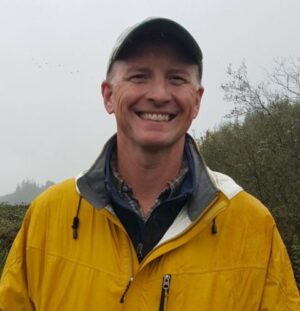
- December 9, 2025
- Joan Drinkwin
- Announcement
- 0 comments
PMEP is thrilled to announce that Jason Nuckols has joined our Steering Committee representing The Nature Conservancy. Jason Nuckols works in estuary and freshwater systems across Oregon. Since 2004, Jason has helped lead The Nature Conservancy’s Oregon freshwater and coastal programs in creating and implementing effective strategies for conservation of in-stream, floodplain, wetland, and estuarine habitats. The position requires close cooperation and leadership with numerous partners and communities. Jason is a husband, father and son that loves all things outdoors especially being on the water. Welcome, Jason!
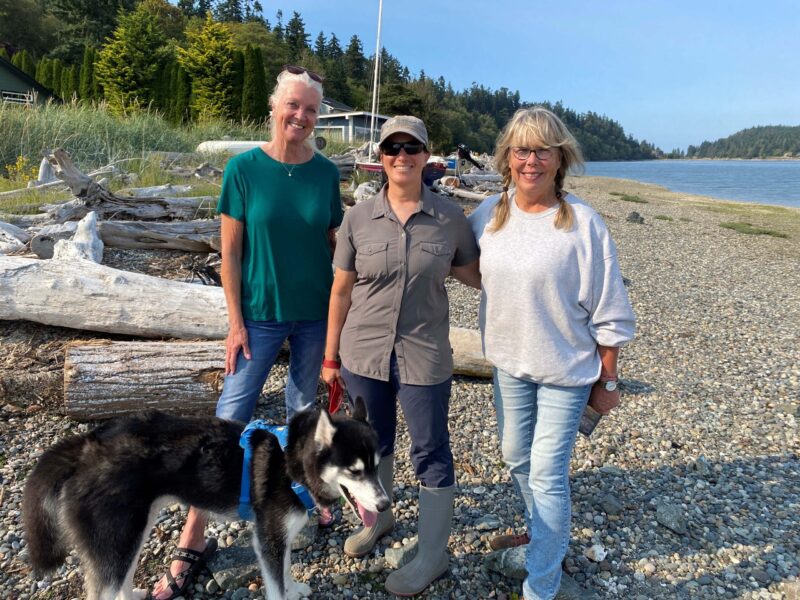
- October 31, 2025
- Joan Drinkwin
- Events
- 0 comments
PMEP Steering and Science & Data Committee members visited five nearshore restoration sites in September when they held their annual meeting in Bellingham, Washington. The projects were led by the Northwest Straits Foundation and included the removal of hard shoreline armoring from both privately owned and public shorelines. Shown here are Lisa Kaufman, from the Northwest Stratis Foundation, and two private landowners who voluntarily removed armoring from their shoreline to restore habitat.
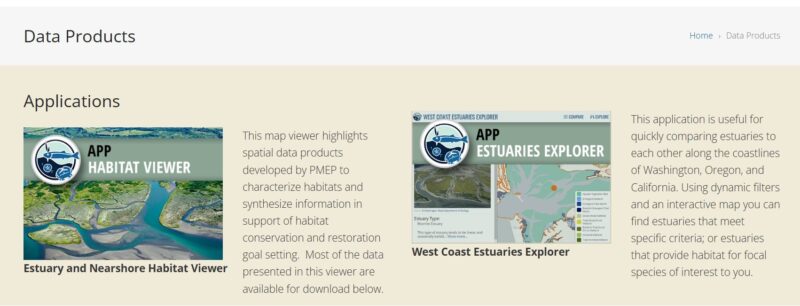
- September 28, 2025
- Joan Drinkwin
- Events
- 0 comments
PMEP and the Tijuana River National Estuarine Research Reserve Coastal Training Program are hosting a virtual data tools training on Tuesday, November 4 & Wednesday, November 5 from 10am-12pm PST. The training will be available for 20 participants.
The training is designed for restoration practitioners, resource managers, and researchers and will cover the use and utility of PMEP’s online spatial data and web-based mapping tools: Estuary Nearshore Habitat Viewer and Estuary Explorer. Training participants will receive background information on PMEP’s spatial data framework and learn how to navigate and answer conservation planning queries through hands-on exercises. Participants will learn how to download data from the tools and how to upload datasets to the tool for customized mapping needs. REGISTER HERE!
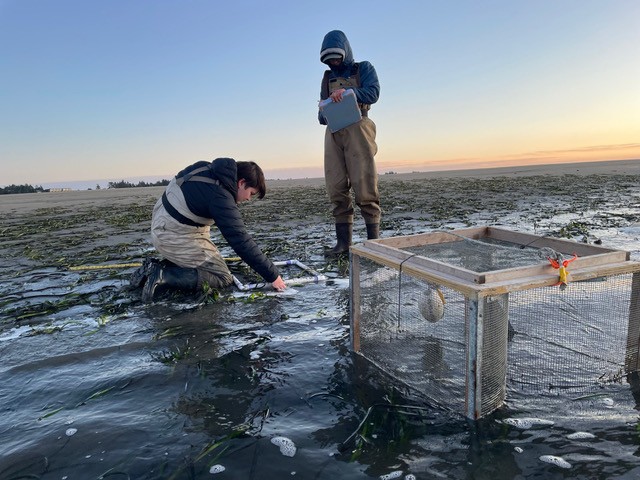
- September 19, 2025
- Joan Drinkwin
- Announcement, Funding
- 0 comments
PMEP has awarded FY25 funds from the National Fish Habitat Partnership to Oregion State University to assess the response of fish communities of seagrass restoration in Coos Bay and Yaquina Bay, Oregon. Researchers will evaluate diversity, abundance, and performance metrics of species at restoration sites in these estuaries and compare those metrics to natural seagrass and nearshore nursery habitats to assess restoration effectiveness. This project also includes a dynamic hands on education and outreach component with local partners.
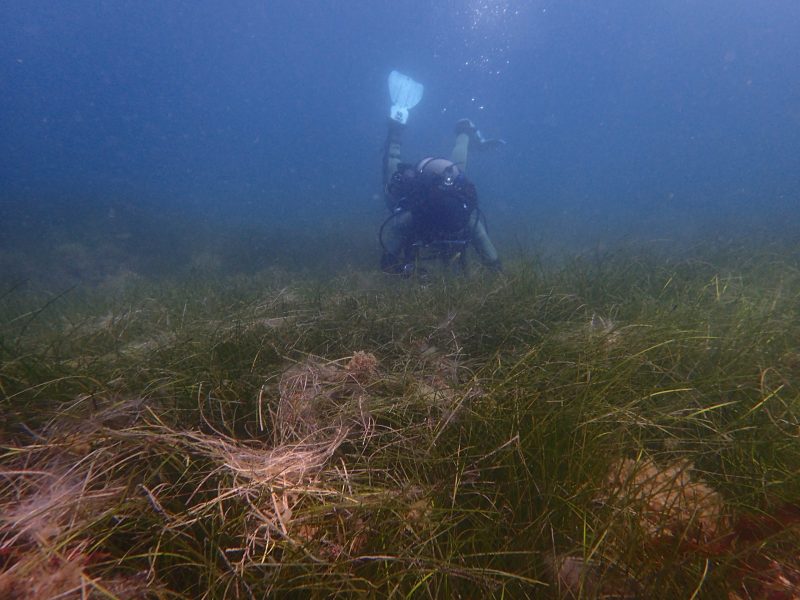
- July 1, 2025
- Joan Drinkwin
- Announcement, Funding
- 0 comments
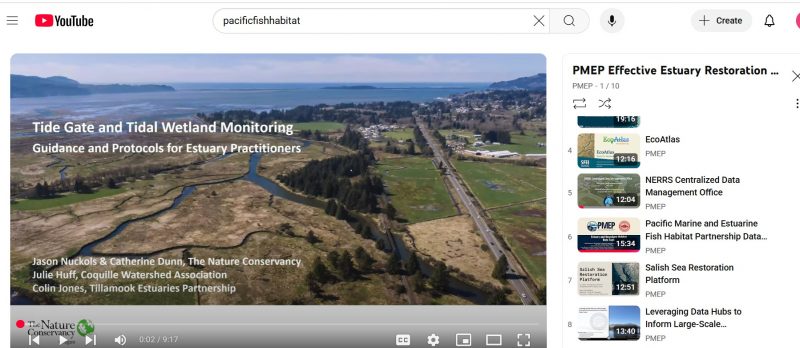
- May 28, 2025
- Joan Drinkwin
- Announcement, Symposium Presentation
- 0 comments
Presentations and recordings are available from our Promoting Effective Estuary Restoration May 6 virtual symposium/workshop focusing on Monitoring Guidance, Data Hubs, and Collaborative Platforms. Check them out on the PMEP YouTube channel!
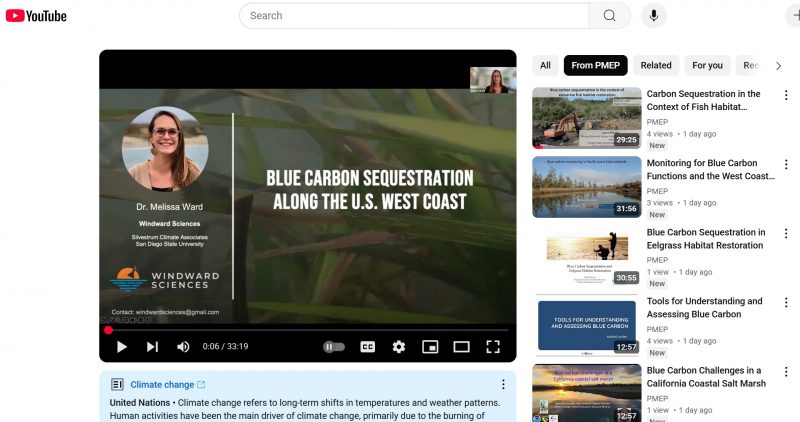
Exciting times for our Promoting Effective Estuary Restoration Project! Registeration is open for the May 6 virtual symposium/workshop focusing on Monitoring Guidance, Data Hubs, and Collaborative Platforms. And presentations and recordings from our March 4 Symposium on Blue Carbon and Estuary Restoration are now available. Check out May 6 speaker profiles and registration link and find presentations from March 4 and earlier events on the project page HERE:
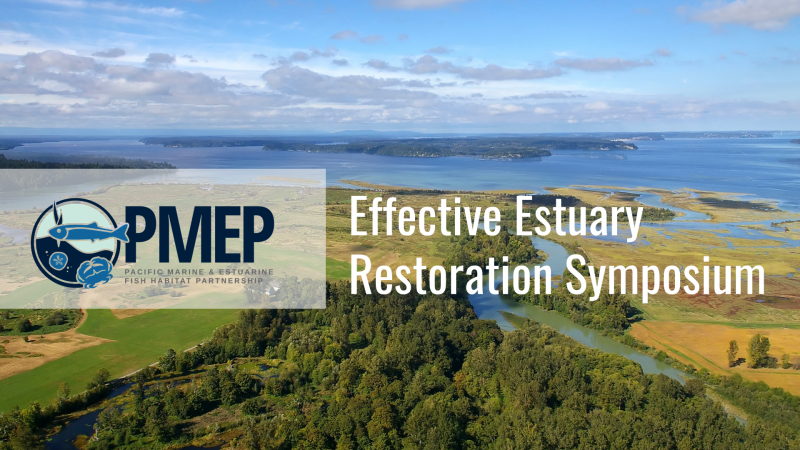
- March 6, 2025
- Joan Drinkwin
- Events
- 0 comments
May 6, 2025
9:00AM – 12:00PM Pacific time
Register HERE!
Exploring the design, methods, and monitoring of estuary restoration along the U.S. West Coast in the context of a changing climate.
This half-day virtual symposium will bring together experts in the field of estuary restoration along the U.S. West Coast to explore tools available to restoration practitioners. Presentations and discussion will cover estuary restoration monitoring guidance, compiled data available online for planning restoration, and collaborative platforms to share information, methods, and best practices for effective estuary restoraion. Case studies from throughout the U.S. West Coast will illustrate the practical use of these tools. Participants will also be surveyed to inform development of additional online resources needed by estuary restoration practitioners. There is no cost to register.
For agendas, speaker spotlights, and more information, visit the Promoting Effective Estuary Restoration project page HERE.
